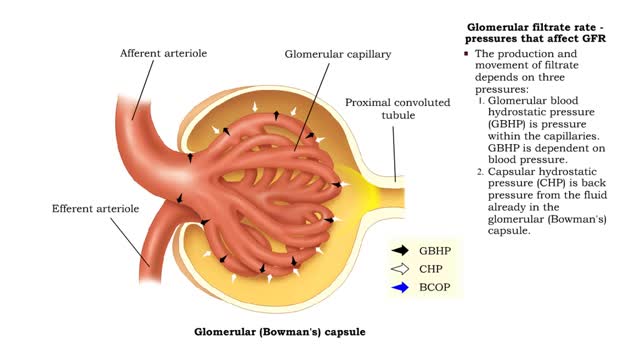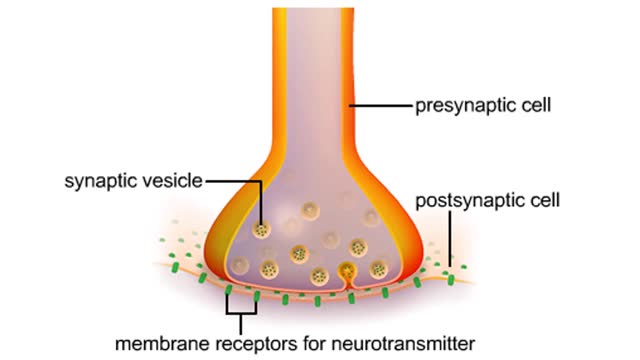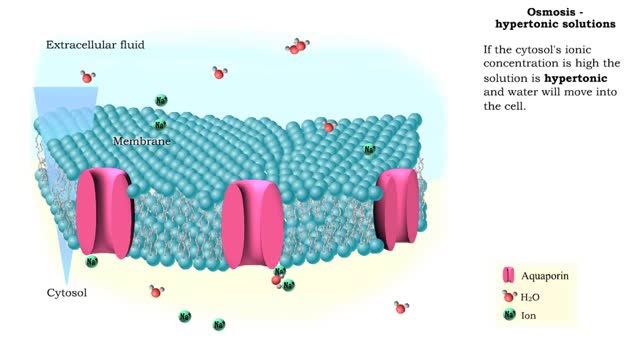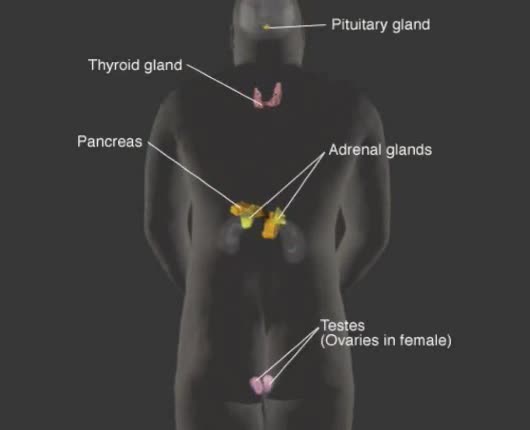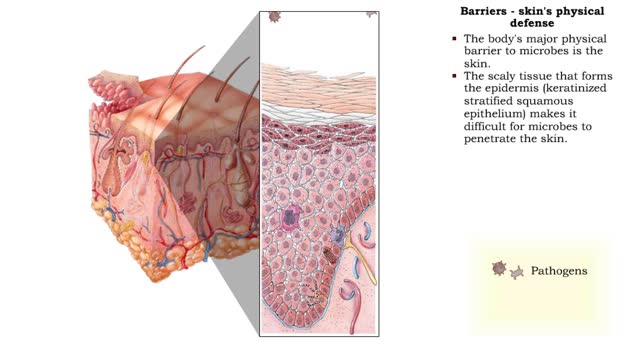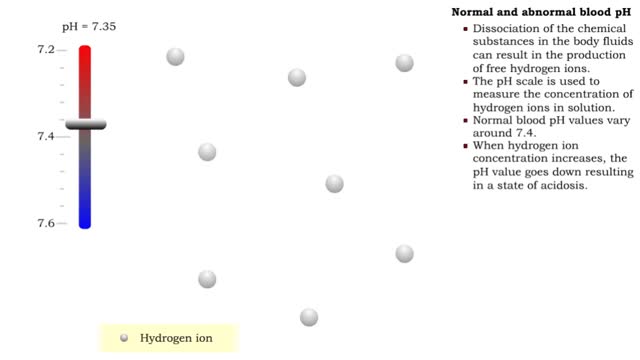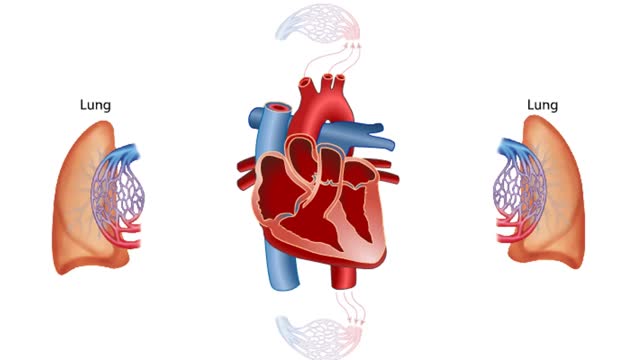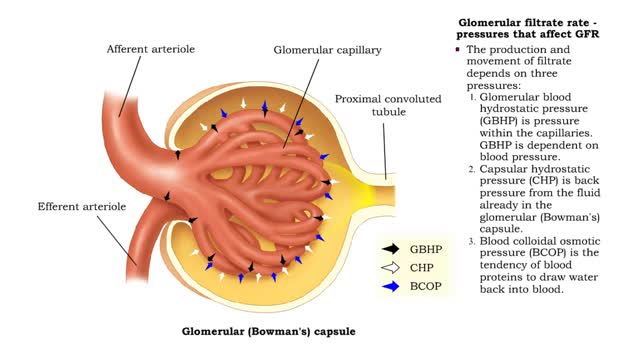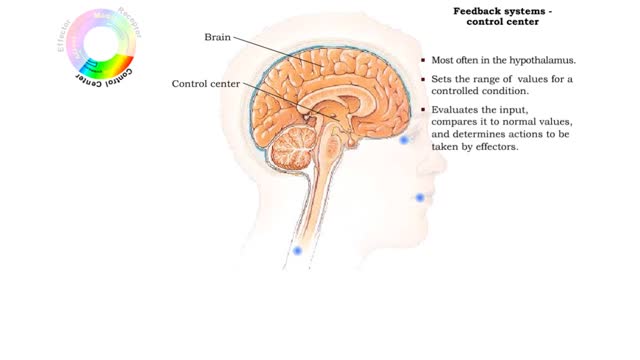Search Results
Results for: 'Chemical control of heart rate'
Glomerubular filtrate rate -pressures that affect GFR and net filtration pressure
By: HWC, Views: 11601
• The glomerular filtration rate is the amount of filtrate formed per minute within the renal corpuscle. • Once the filtrate is formed it moves down the tubule. • The production and movement of filtrate depends on three pressures: I. Glomerular blood hydrostatic pressure (GBHP) is pre...
By: HWC, Views: 8637
A neuromuscular junction is a chemical synapse between the axon endings of a motor neuron and a muscle cell. A narrow synaptic cleft separates the presynaptic cell (the motor neuron) from the postsynaptic cell (the muscle cell). The presynaptic cell contains vesicles filled with neurotransmitt...
Osmosis - Isotonic, Hypotonic, and Hypertonic Solutions
By: HWC, Views: 11329
Isotonic: Equal Water moves in and out of the cell at an equal rate. The cell remains unchanged. Hypotonic: "hypo" hippo Water moves into the cell, making it swell and get fat (like a hippo). Eventually the cell can rupture and burst (aka lyse). Hypertonic: "like a raisin" Water leaves...
By: Administrator, Views: 1676
Vital function of endocrine system: Production and regulation of chemical substances called hormones. Hormones Chemical transmitters released in small amounts and transported via bloodstream to a target organ or other cells. Transfer information and instructions from one set of cells to anot...
Non-specific disease resistance mechanisms & Skin's defense barriers
By: HWC, Views: 11249
• Non-specific disease resistance acts quickly to fight a wide variety of invaders. • Mechanisms include: • Barriers • Antimicrobial substances • Cellular defenses • Inflammation • Fever Barriers - types • Physical and chemical bathers prevent invasion by micro...
By: HWC, Views: 11305
• Dissociation of the chemical substances in the body fluids can result in the production of free hydrogen ions. • The pH scale is used to measure the concentration of hydrogen ions in solution. • Normal blood pH values vary around 7.4. • When hydrogen ion concentration increases, t...
Blood Flow through the Human Heart
By: HWC, Views: 11083
The heart is the pump of the human circulatory system. The left side of the heart has two connected chambers, the left atrium and the left ventricle. The right side of the heart also has two connected chambers, the right atrium and the right ventricle. These two sides, or pumps, of the heart are ...
Glomerular filtrate rate: pressures that affect GFR, NFP & GFR and blood composition
By: HWC, Views: 11728
• The glomerular filtration rate is the amount of filtrate formed per minute within the renal corpuscle. • Once the filtrate is formed it moves down the tubule. • The production and movement of filtrate depends on three pressures: I. Glomerular blood hydrostatic pressure (GBHP) is ...
Component of feedback systems & Communication and regulation of body systems
By: HWC, Views: 11429
• Primary responsibility for communication and regulation in the body is shared by the nervous and endocrine systems. • The two systems work alone or together in specialized physiological processes called feedback systems to maintain homeostasis. • Feedback systems - or loops - are ...
Advertisement



